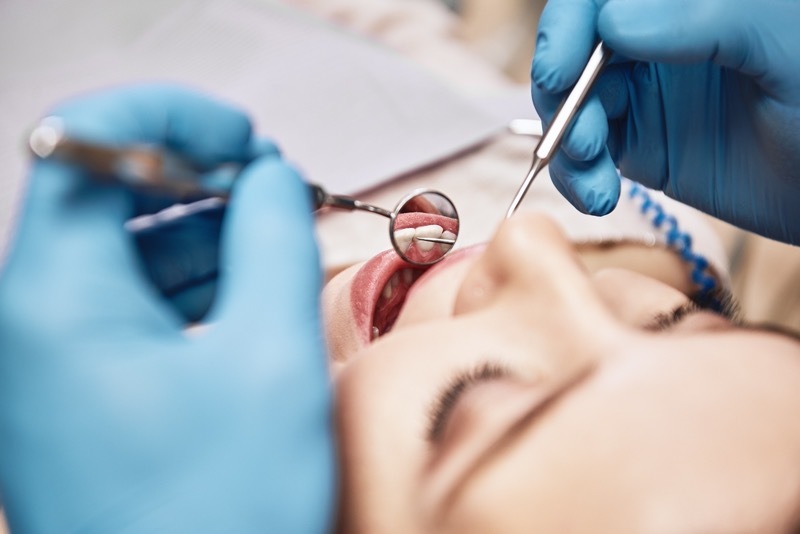SIGNIFICANT strides are being taken to boost dental services in Barnsley - recently described as ‘hanging by a thread’ - after it was revealed more adults and children were seen in the last 12 months than in recent years.
Although not at pre-pandemic levels, the year to June 2023 represented another step forward in the number of patients securing appointments, with 51.1 per cent of adults and 59.1 per cent of the town’s children seen.
The latter is more than double the figure of 29.8 per cent in the year to December 2020, a period dominated by several spells of lockdown, when MPs urged the government to do more to protect the industry after it was revealed more Barnsley youngsters had a tooth extracted at hospital than almost anywhere else in the country.
A total of 6,692 urgent access sessions have been commissioned in 2023/24 - equating to an average of 46,844 patient appointments - in addition to ‘core contractual commitments’.
NHS dentists will now be given a ‘new patient’ payment of between £15 and £50 to treat patients who have not seen a dentist in two years or more to further increase the availability of appointments.
This will begin this month and is time limited to the end of 2024/25.
A report, compiled by Debbie Stovin, dental programme lead for NHS South Yorkshire, said: “Access to routine and urgent care is a key issue for patients and families and therefore can impact negatively on other primary care services and patient pathways for other dental and secondary care services.
“Whilst restoration of dental activity continues, it is encouraging that the latest figures for access show that levels in Barnsley among adults and children shows an improving picture.
“There is significantly better access in Barnsley than in England overall.”
Despite this, a large number of practices are still not currently able to offer new patients a routine appointment, and are therefore placed on a waiting list due to a lack of staff.
The amount of dentists available to see patients has dropped by 21 per cent since the pandemic struck in March 2020, when practices stopped all non-urgent treatment, leading to a growing backlog.
According to the British Dental Association (BDA), unhappiness with NHS contracts - relating to both the length and cost - were key factors as to why issues have been encountered.
However, work is being done in 2024/25 on a staff retention scheme - aside from the new patient payment incentive for surgeries - including salaried posts for graduate dentists in a bid to avoid competition from private practices.
Cash ringfenced for local dental services - £12.2m in 2024/25 - must also be spent in its entirety, otherwise regional health bosses must send back any unspent money to NHS England
“There continues to be a backlog of dental care with demand for NHS care being significantly higher than pre-pandemic levels at all practices,” the report added.
“While the number of available appointments for regular and routine treatment is increasing and access figures are gradually improving, dental practices continue to balance the challenge of clearing any backlog with managing new patient demand.
“In 2024/25, the ringfence for dental spending is being re-introduced.
“This means the available funding for dental services, including this non-recurrent clawback, must be spent on dental services or otherwise be returned to NHS England.
“It cannot be directly applied to other services and ensures as much of the available funding as possible is spent on dental services.”


























